
ICE has been the subject of many headlines this year, and it doesn’t seem to be slowing down anytime soon. Across neighborhoods and industries that rely heavily on immigrant labor, the sudden disappearance of thousands of workers has turned once-bustling markets, restaurants, and construction sites into eerily quiet spaces. Business owners are reporting dramatic drops in revenue, projects are stalled, and communities are left reeling from the ripple effects of fear and uncertainty.
Immigrants make up nearly a third of California’s workforce and are the backbone of downtown L.A.’s economy. How much longer will the economy have to deal with these losses?
Small Businesses Hit the Hardest
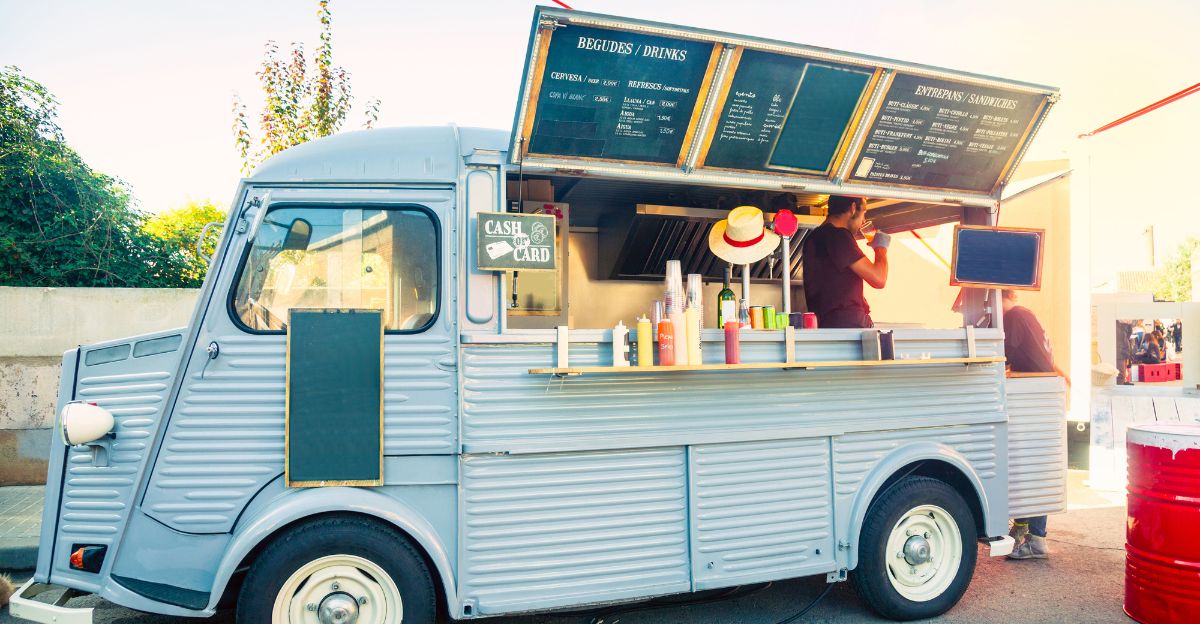
The economy looks severely different from what it used to be, and small businesses feel it the hardest. According to Archyde, vendors whose produce stands typically thrived off the daily purchases of local restaurateurs and street vendors have watched sales collapse from $2,000 a day to barely $300, forcing them to throw out unsold goods and confront losses that threaten their very survival.
Restaurants report similar struggles, like revenue drops of thousands of dollars a week, early closures, and mass layoffs, which have become routine as the local customer base vanishes. “It’s pretty much a ghost town,” said Juan Ibarra, a street vendor. “It’s almost COVID-like. People are scared. We can only last so long like this – a couple of months maybe.”
A Vanishing Workforce
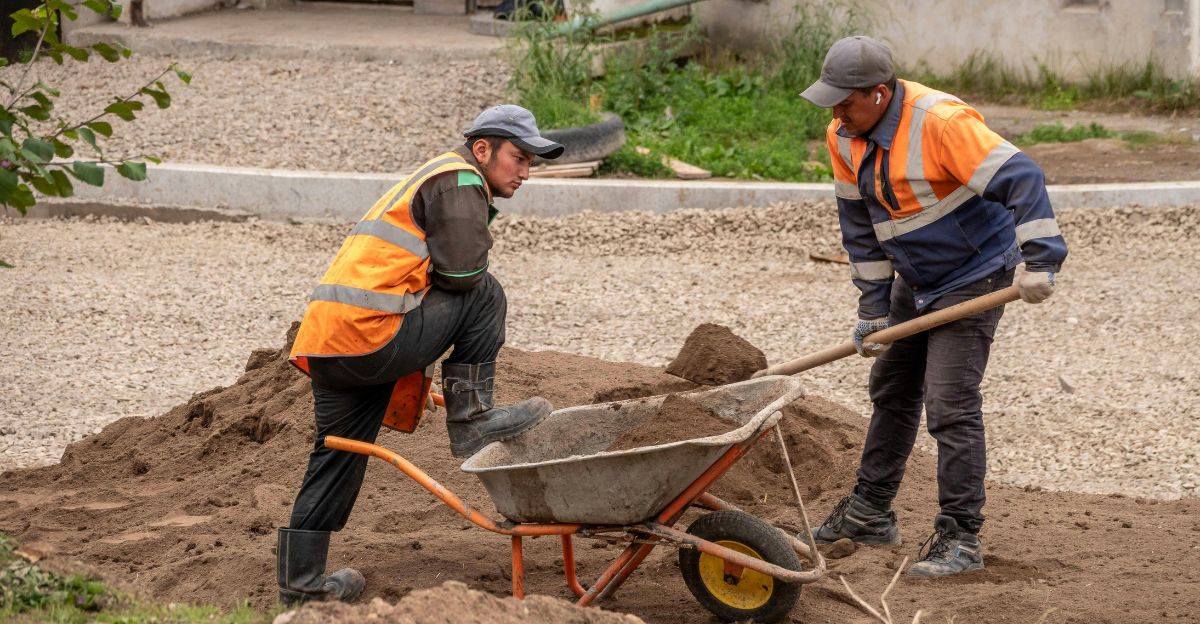
As immigration agents swept through the city in June 2025, thousands of employees simply stopped showing up, driven underground by pervasive fear of arrest and deportation. In construction alone, project managers describe job sites reduced to a fraction of their normal crews; in Ventura County, for example, one supervisor reported a drop from 300 workers to just 80 in a single week, and another from 80 to 17.
“California saw a 3.1% drop in private-sector employment the week immediately after the Trump administration stepped up its immigration raids in the state,” according to a new analysis of U.S. Census data.
Restaurants and Food Markets in Crisis
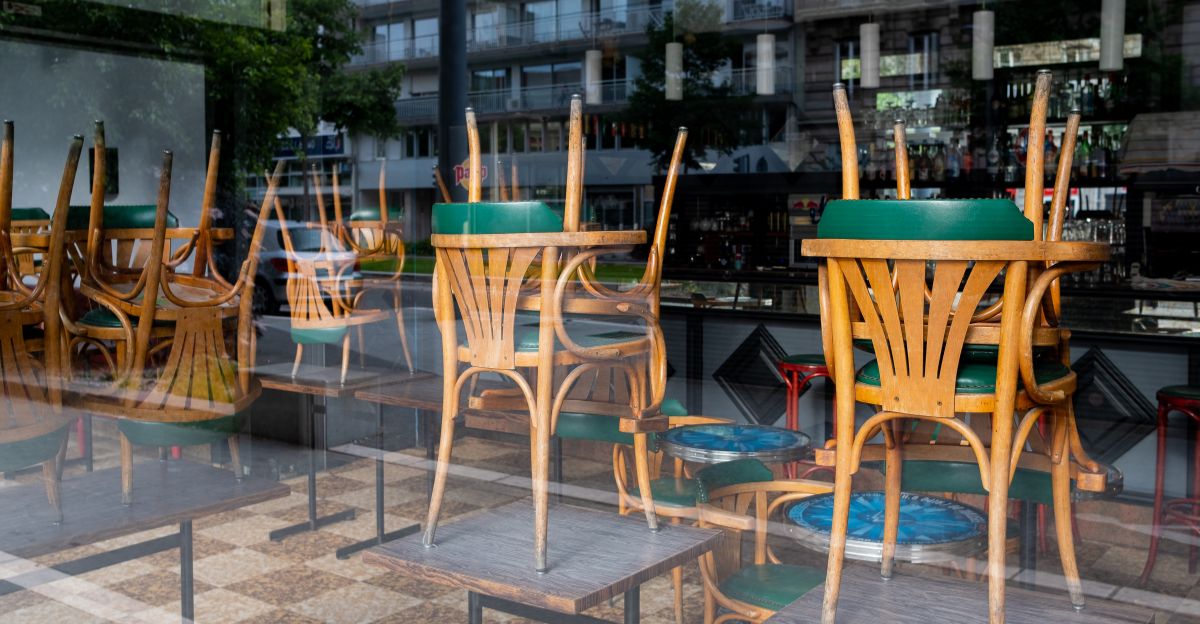
In heavily immigrant neighborhoods, restaurant owners report revenue drops as steep as 50–80%, with some forced to shut their doors early, lay off loyal staff, or even close entirely. With immigrants composing the backbone of nearly every part of L.A.’s food ecosystem, the city’s celebrated culinary diversity is at real risk.
“They are targeting the hard working immigrants who are most integrated in American society,” said Andrew Selee, president of the non-partisan Migration Policy Institute. “The more immigration enforcement is indiscriminate and broad, rather than targeted, the more it disrupts the American economy in very real ways.”
Construction and Rebuilding Stalled
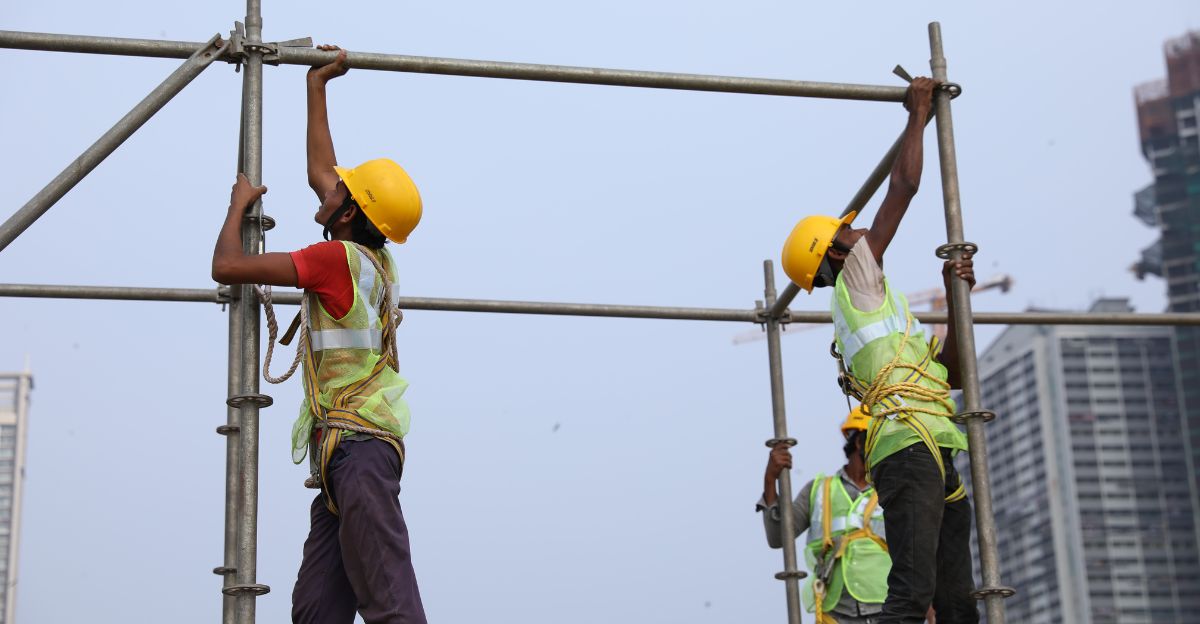
Construction has taken a brutal knock out of many industries, and developers everywhere feel it. Developers and contractors, already scrambling to find enough workers before the crackdown, now describe chaotic project delays, blown budgets, and missed milestones as the skilled labor force goes underground. In hard-hit zones like Altadena and the Pacific Palisades, where thousands of homes were destroyed by fire earlier this year, just a fraction of rebuilding permits have been issued, and many scorched lots sit in limbo as owners struggle to attract crews or cover rising labor costs.
“Papers or not, fear spreads quickly,” Hilgard Founding Principal Joshua Baum said. “When workers do not feel safe showing up to job sites, it slows down not only the pace of construction, but also the willingness to propose new projects in the first place.”
Public Transport and Street Life Collapse
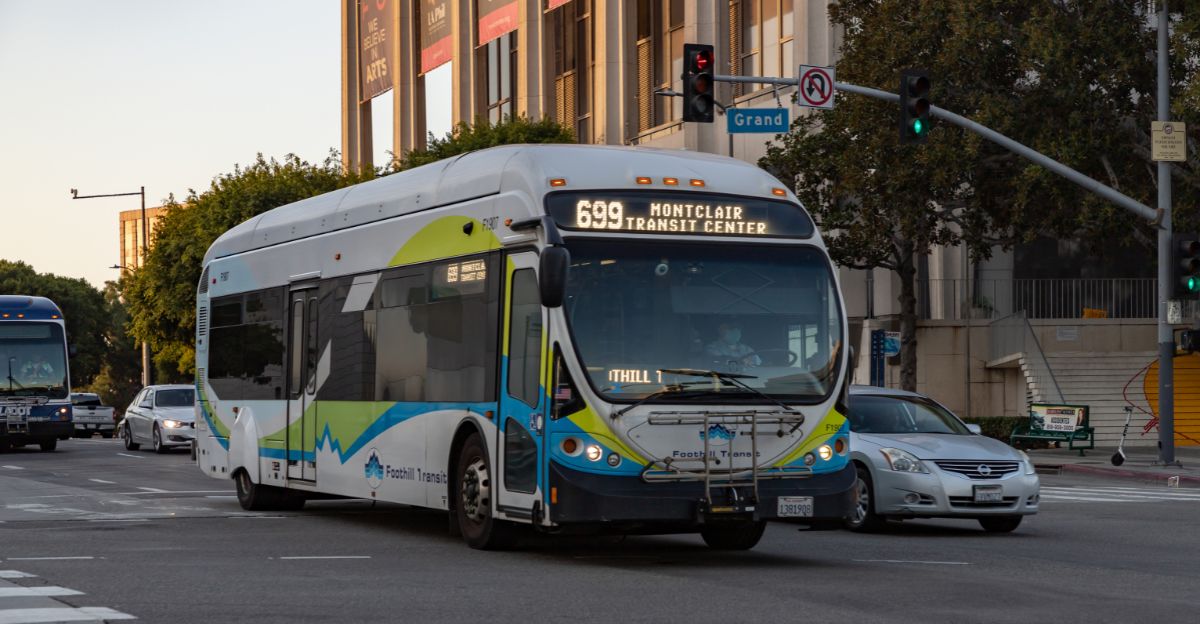
People from Los Angeles walk around with fear in their hearts, and since the raids started, bus and rail ridership plummeted by 10–15% in June and July 2025. The drop coincides with widespread fear after sightings of masked immigration agents detaining commuters at transit stops, forcing many residents to avoid daily travel or shelter at home. Foot traffic in iconic immigrant hubs like MacArthur Park and the Garment District has vanished, businesses have shuttered or reduced hours, and entire blocks resemble ghost towns.
“More than 60% of bus riders and roughly 50% of rail riders are Latinx/Hispanic. And nearly 90% of bus riders and more than 70% of rail riders’ annual household income is less than $50,000,” said a 2023 Metro survey.
Patients Too Afraid to Seek Care

Going to see a doctor has never been harder since people don’t feel safe leaving their homes. Some reports state that no-show rates at some community health centers have leapt from 9% to over 30% in recent weeks, leaving critical health needs unmet for patients with chronic illnesses like diabetes and hypertension. The mere presence of masked ICE agents near clinics or the threat that Medicaid records might be shared with immigration authorities has eroded trust, causing both citizens and non-citizens to fear that any medical visit could end in arrest or deportation.
“A lot of the time they don’t want to give their information to the medical team, even though we tell them we have nothing to do with immigration, and we’re not going to ask about your immigration status. Trust is really important with that population,” said a family nurse practitioner Bukola Olusanya, a member of St. John’s home outreach team.
Business Community Pushback

The Los Angeles Area Chamber of Commerce issued a rare, strongly worded statement criticizing the raids for “compromising public safety and threatening the stability of our local economy,” pointing out that immigrants are vital to the city’s workforce and prosperity. Prominent employers and small business owners echoed these concerns, warning that indiscriminate enforcement disrupts critical industries and endangers jobs even beyond the immigrant community.
City officials also reinforced these concerns, with Mayor Karen Bass directing departments to safeguard workers and urging federal agents to prioritize public safety over sweeping crackdowns. “We know that Los Angeles is the test case, and we will stand strong,” Bass said. “We do so because the people snatched off city streets and chased through parking lots are our coworkers, neighbors, family members, and they are Angelenos.”
The Political Backlash

Legislators across California have responded by passing resolutions denouncing the enforcement actions and affirming protections for all residents. At the same time, LA’s City Council unanimously strengthened local sanctuary policies to shield residents from federal intervention.
Democrats and immigrant advocates accuse President Trump’s administration of cruelty and recklessness, while some Republicans, worried about blowback and economic damage, have voiced rare dissent about the scope and tactics of the raids.
The Road Ahead
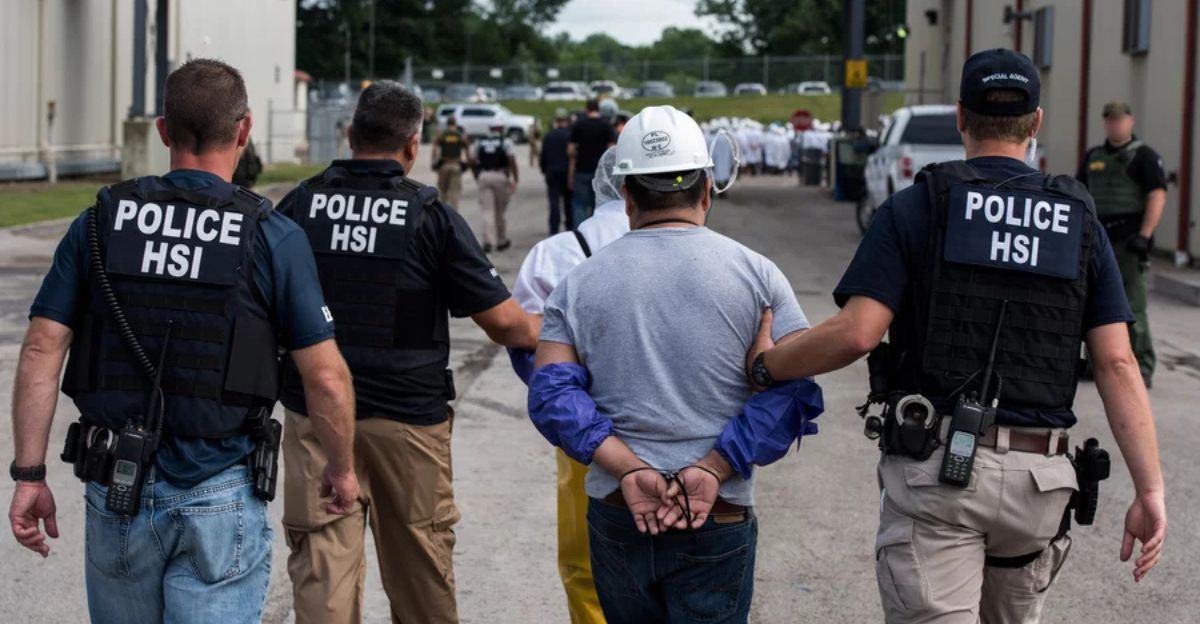
While some economic forecasts suggest that key sectors may eventually stabilize and help the broader region avoid a deep recession, the road will be rocky for industries that depend on immigrant labor. Even as policymakers and local leaders explore strategies to support affected workers and businesses, widespread fear has taken over these communities and broken their trust in the world around them.
“I’ve got my Real ID here and my passport at home,” said Melvin Maldonado, a native of Guatemala who offered handyman services for $30 an hour. “We’re good people trying to feed our families.”